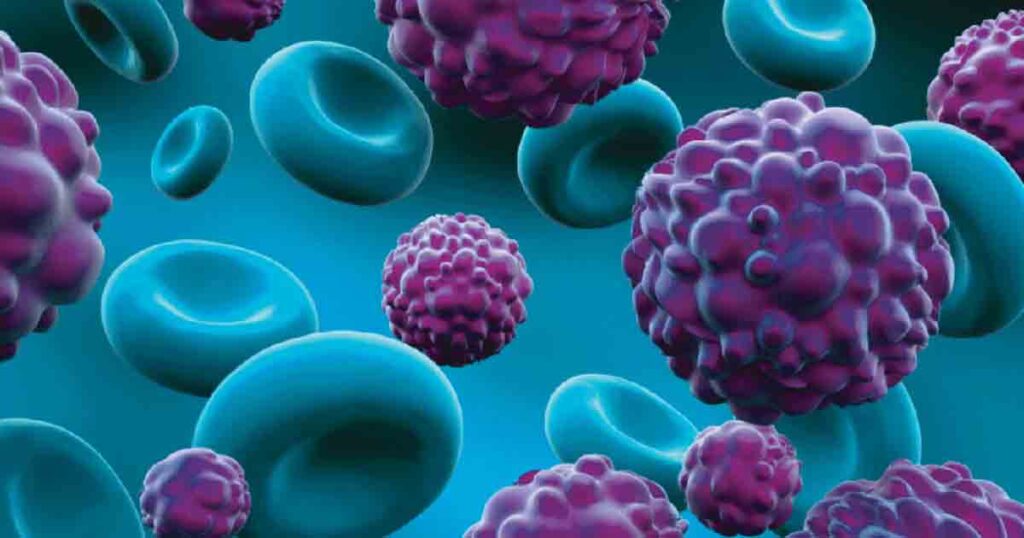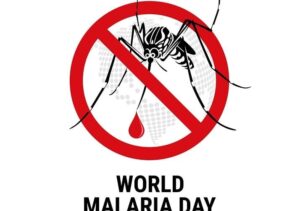Cancer poses a key public health challenge for India

Kolkata, May 19 : Cancer poses a key public health challenge for India with alarming data indicating that one in nine individuals is likely to develop the disease in their lifetime.
In 2022, an estimated 14,61,427 incidences of cancer were reported in India, which is projected to increase by 12.8 per cent in 2025.
West Bengal, in particular, faces an urgent need for improved cancer awareness, accessibility to early detection, and advanced treatment options.
The state’s projected incidence of cancer diagnosis for 2025 reveals 60,169 cases among males and 61,470 cases among females, compared to the previous figures of 53,758 males and 54,636 females in 2020. Lung cancer, breast cancer, and cervical cancer emerge as the leading causes of cancer-related deaths in West Bengal.

Manipal Comprehensive Cancer Centre, Bengaluru, is leading the way in empowering the fight against cancer through advancements in surgical oncology. The centre tailors surgeries as per the stage and biology of the cancer. It ensures that patients receive tailored care through minimally invasive procedures such as Robotic and Laparoscopic surgery, immunotherapy, Targeted therapy, Molecular-based targeted therapy, Hyperthermic intraperitoneal chemotherapy (HIPEC), Pressurized intraperitoneal aerosol chemotherapy (PIPAC), radical and ultra-radical surgeries, and Cytoreductive surgery.
All these innovative techniques are followed by ERAS (Enhanced recovery after surgery) protocol that leads to minimizing scars, decreased postoperative pain, earlier return to normalcy after supra-major cancer surgeries, and lower chances of rehospitalization.
Dr. Hemant G N, Consultant – Surgical Oncology, Manipal Comprehensive Cancer Centre, Manipal Hospital Old Airport Road, Bengaluru emphasizes the transformative nature of personalized cancer surgery. “Cancer surgery has undergone a paradigm shift and we are on the cusp of a technological revolution when it comes to surgery. Gone are the days when cancer surgery entailed fear, huge scars, and prolonged hospital stays. The focus has shifted to personalizing cancer surgeries to the unique needs of individual patients wherein we focus on surgeries to be performed with small precise cuts with the help of advanced technology and instrumentation.”
Dr. Mohammed Basheeruddin Inamdar, Consultant – Surgical Oncology and Robotic Surgery, Manipal Comprehensive Cancer Centre, Manipal Hospital Old Airport Road, Bengaluru highlights, “Robotic surgery has revolutionized cancer care, offering minimally invasive procedures with smaller incisions, resulting in quicker recoveries. It is used to treat cancers of thyroid, lung, Esophagus, stomach, colorectal, and gynecological cancers. Sentinel lymph node biopsy in carcinoma breast, endometrium helps to avoid unnecessary extensive surgery and complications like lymphedema and swelling.”
Dr. Pratima Raj, Associate Consultant – Gynaecologic Oncology, Manipal Comprehensive Cancer Centre, Manipal Hospital Old Airport Road, Bengaluru adds, “Recent cancer prevention and early detection have begun moving towards the integration of molecular knowledge and risk stratification profiles to allow for a more accurate representation of at-risk patients. The future of cancer prevention and early detection efforts should emphasize the incorporation of precision cancer prevention integration where screening and cancer prevention regimens can be matched to one’s risk of cancer due to known genomic and environmental factors.”
The growing cancer burden can be tackled only by improving access to early detection and delivering advanced treatments and personalized care plans. This will not only offer hope to cancer patients but also inspire further advancements to defeat cancer.









